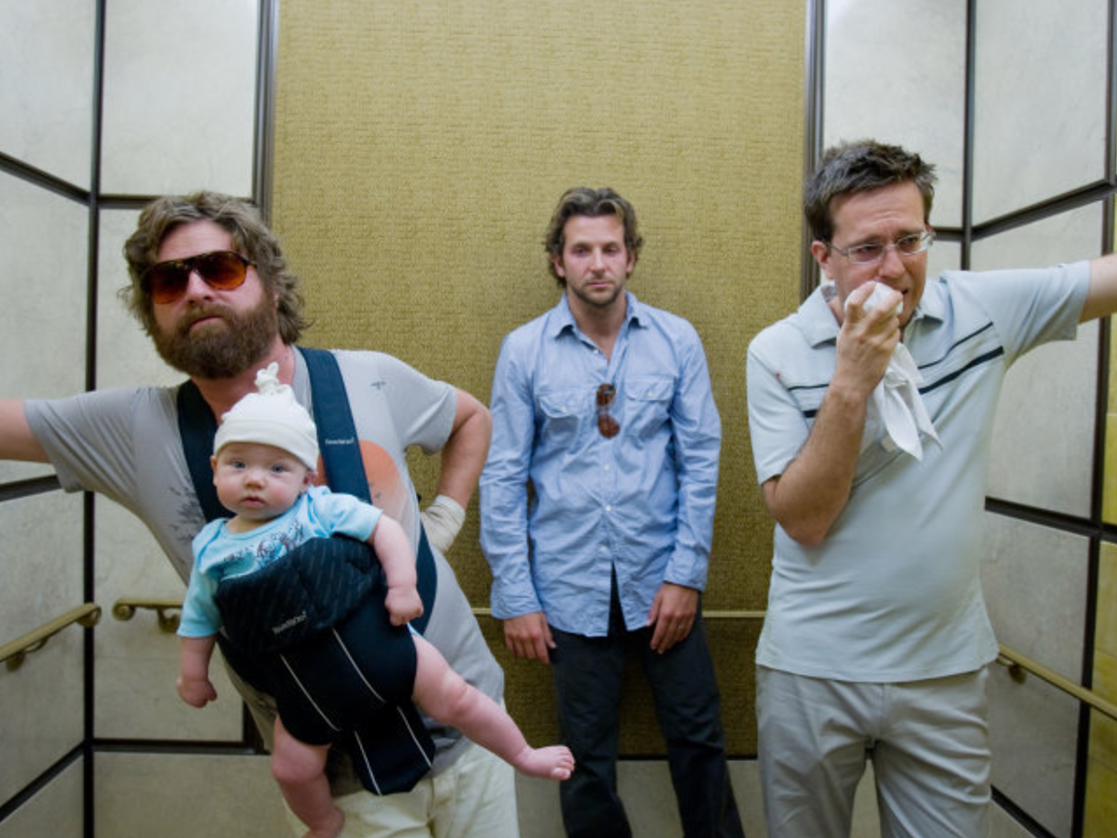- A new study has shown that moderate drinkers take fewer sick days than tee-totalers.
- Meanwhile, people who drank over the moderate amount were more likely to be absent because of “injury or poisoning.”
- It could be because people with existing health problems are more likely to avoid alcohol.
- Or it could be because people who drink are seasoned pros at making it to the office with a hangover.
How many times have you been hungover at work this week? If you have a 9-5 job, and you like a drink, you’ll know the feeling well – a concoction of nausea, pain, and regret. Here’s a different question: How many times in the past year have you called into work sick because you drank too much?
Unless you’re superhuman, the answer is probably at least once. And by that logic, you’d probably assume people who drink take more sick days than those who don’t. But according to new research, this might not be true.
The new study, published in the journal Addiction, examined the drinking habits and absence from work of 47,000 people in Europe using various surveys. The researchers, who were from the Finnish Institute of Occupational Health, then grouped participants into five categories based on their drinking, ranging from those who never touched alcohol to heavy party animals.
Overall, people who reported being tee-total for several years were absent from work due to illness more often than those who drank moderately, defined as 11 units a week for women and 34 for men.
Non-drinkers had a higher risk of absence because of mental disorders, muscle and skeletal disorders, and respiratory and digestive diseases. Less surprisingly, those who drank over the moderate threshold were at an increased risk of absence due to injury or poisoning.
Lead author of the study, Jenni Ervasti from the Finnish Institute of Occupational Health, said the findings demonstrate the different types of illnesses tee-totalers and heavy drinkers are susceptible to.
"Some diseases, or their treatment, prevent alcohol use, which may explain the excess risks among abstainers," she said. "Moreover, participants to whom at-risk drinking causes health problems may be selected out from the labor market, that is, if they retire early or become unemployed. Then, the adverse effects are not seen in absence from work due to illness."
The study was limited as the surveys were self-reported, and people tend to not be entirely truthful about things like drinking, diet, and their sex lives. But the findings do seem to suggest moderate drinkers take fewer sick days. Whether that's because they drink due to fewer health problems, have a higher alcohol tolerance, or have simply gotten really good at making it to work with a hangover is unclear.

